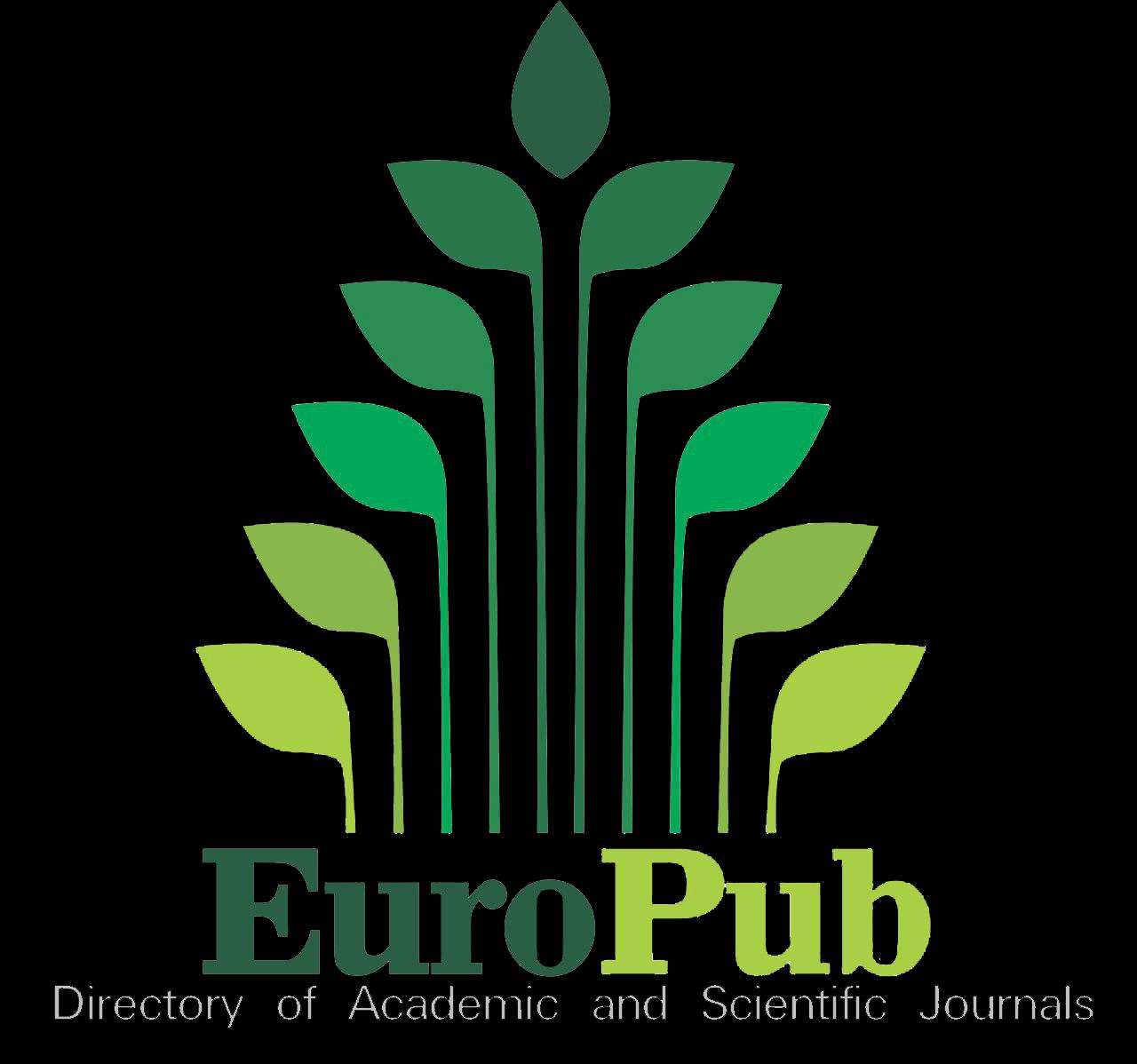Molecular Detection and Characterization of Efflux Pump Genes Associated with Multidrug Resistance in Clinical Isolates of Staphylococcus aureus in Peshawar, Pakistan
Keywords:
Staphylococcus aureus, antibiotic resistance, efflux pump genes, multidrug resistance, polymerase chain reaction, clinical isolates.Abstract
Staphylococcus aureus is an opportunistic pathogen responsible for a wide range of human diseases. It is renowned for its capacity to develop resistance to multiple antibiotics, primarily due to diverse resistance mechanisms, including efflux pumps, which significantly contribute to intrinsic resistance. This study aimed to investigate the expression of efflux pump genes, namely NorA, MepA, and MdeA, in clinical isolates of S. aureus obtained from Khyber Teaching Hospital and Hayatabad Medical Complex. A total of 200 clinical samples were collected. The samples were initially cultured on Mannitol salt agar and identified based on physical characteristics and biochemical tests, including catalase and coagulase assays. Molecular confirmation of S. aureus isolates was performed using the mecA gene, which is specific to this bacterium. Antibiotic susceptibility testing was conducted following CLSI guidelines to determine resistance patterns against a panel of antibiotics. The presence of efflux pump resistance genes (norA, mgrA, mepA, mepR, and mdeA) was detected using polymerase chain reaction (PCR). Among the 17 antibiotics tested, the highest resistance was observed against ciprofloxacin, penicillin, ampicillin, and cefoxitin. Out of 200 isolates, 177 were resistant, with various efflux pump genes detected. Statistical analysis using ANOVA (Single Factor) revealed significant findings (p = 0.004). The results highlight that efflux pumps play a crucial role in intrinsic resistance mechanisms in S. aureus. Consequently, this bacterium has evolved into a multidrug-resistant pathogen, posing a significant challenge to the effective treatment of infections caused by S. aureus.
Published
Issue
Section
License
Copyright (c) 2023 Aqsa Zafar, Hoor Hamid, Hadiba Saadat, Talha Imtiaz, Khushal Akbar (Author)

This work is licensed under a Creative Commons Attribution-NonCommercial 4.0 International License.


